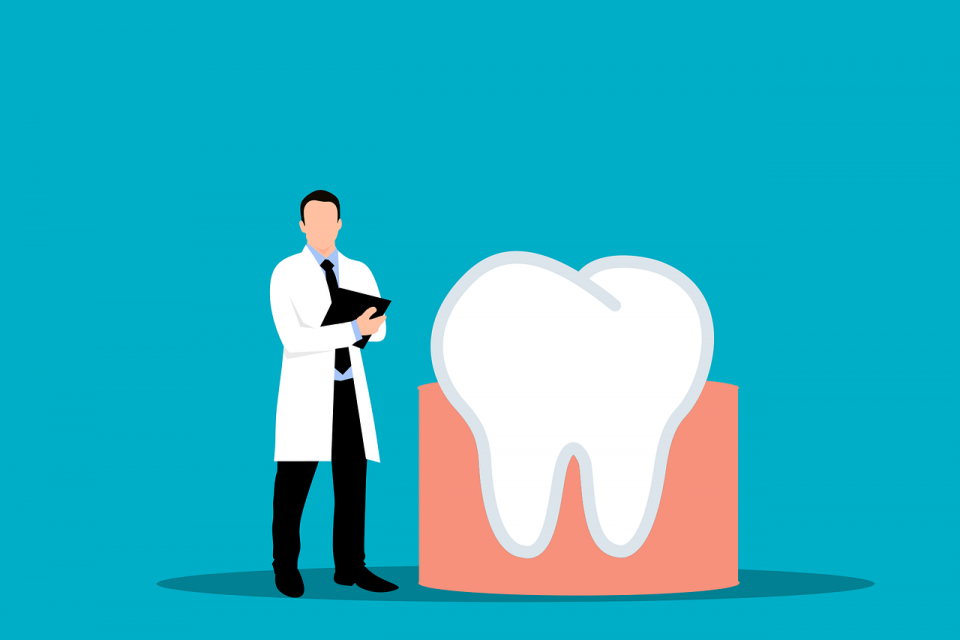Last week I introduced a couple who had been seeing the same dentist for 30 years and were finally forced to make a change due to the dentist’s retirement. They visited a “new” dentist and were turned off because the dentist recommended significant treatment. Then they consulted with another dentist, who spent more time with them to discuss their specific situations and goals. However, they still missed their “old” dentist.
The couple loved their “old” dentist because she was someone they could relate to. The dentist kept things simple, and they liked simple. If they had a broken tooth, the dentist patched it up and they were on their way. They never talked about the future. They may have lost some teeth over the years, but the dentist never discussed “needing” a lot of dental work.
The first “new” dentist was a nice person. In fact, they knew the dentist outside the office before they became patients. The problem was poor communication and inability to relate to the patient’s specific needs. This dentist looked in both their mouths and said they each “needed’ 8 crowns. It didn’t make sense to them. It seemed too complicated, expensive and unnecessary.
The second “new” dentist took a different approach and spent time with the couple discussing their current situation and future objectives. They both wanted to keep their teeth but still had trouble coming to grips with the fact that they “needed” significant dental work to accomplish their objective. Why couldn’t they continue on the same simple path they had with their original dentist?
Dentists are sometimes more interested in what they are saying than patients are. It is important to remember that the teeth are attached to a person; and that person has their own story that goes along with their teeth.
People put different values on different things. Whether we sell cars, trips, hairstyles or teeth, the objective of the “seller” is to make the prospective “buyer” aware of what they have and all the possibilities that are available to them. It is always the consumer’s decision. While there is a health component to dentistry, you can compare any other aspect of selling the other commodity examples to teeth. Things that come to mind: comfort, looks, self-esteem, and functioning in life.
To “buy” anything, people have to be ready. What makes someone ready? They are ready when they feel the need to act. In the absence of readiness, over-education by the “seller” often feels like sales pressure to the buyer. I’m sure you have experienced this if you have ever been to a car dealership.
I love analogies. I especially love car analogies as they relate to dentistry. Cars are easy because most of us rely on them every day, just like our teeth. Some of us like simple cars, while others like fancier cars. Some take better care of their cars and they last longer. Others abuse their cars and they need more repairs. One thing is certain; maintenance is the key to long-term success of the car.
Raising awareness is a difficult task for anyone promoting their product or service. Acting on something is only accomplished when value is realized. Some end up seeing the value in their life and others do not.
Dr. St. Clair maintains a private dental practice in Rowley and Newburyport dedicated to health-centered family dentistry. He has a special interest in treating snoring, sleep apnea and TMJ problems. If there are certain topics you would like to see written about or questions you have, please email them to him at jpstclair@stclairdmd.com




